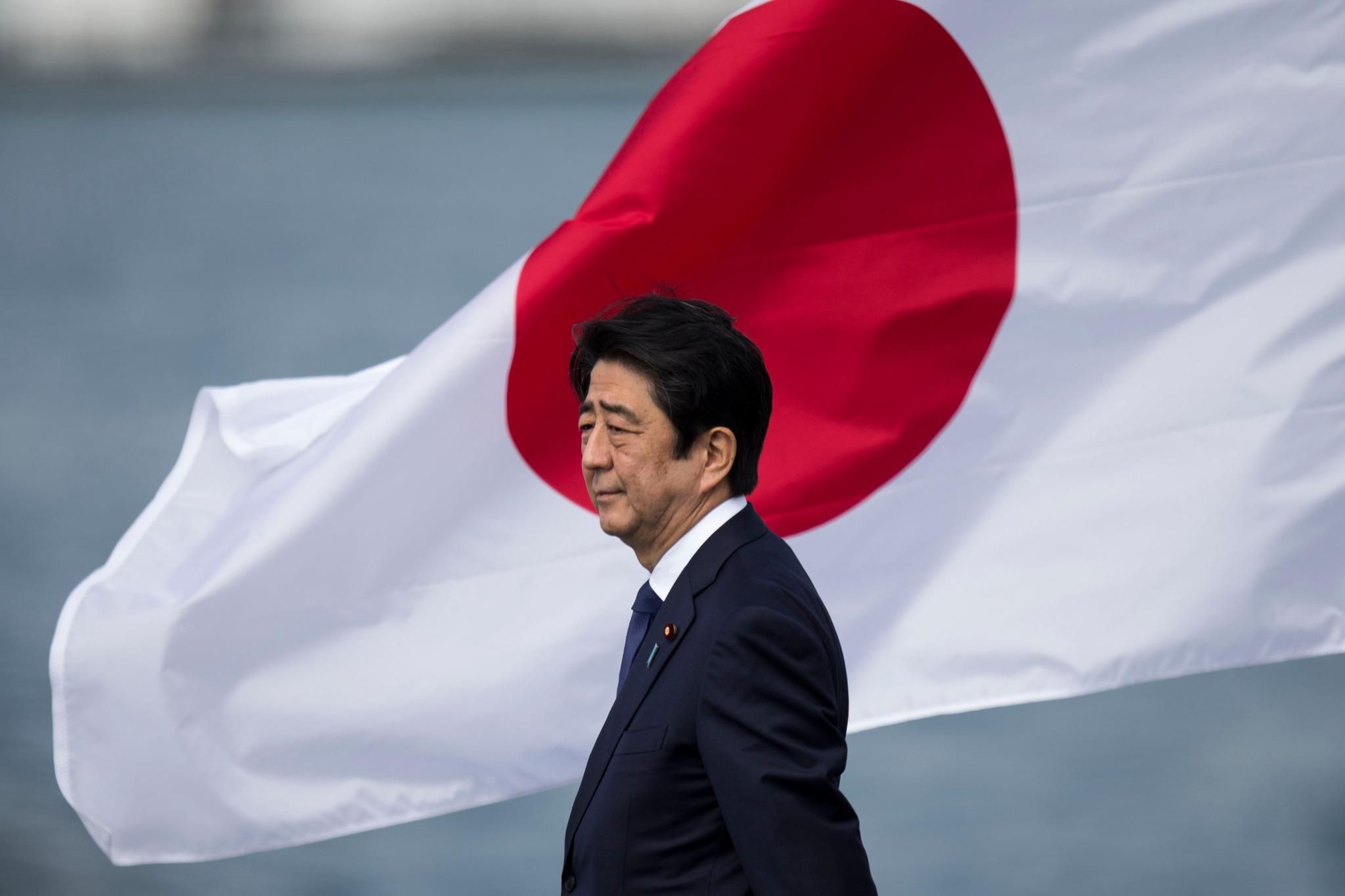July 08, 2022
Former Japanese prime minister Shinzo Abe died on Friday after being shot while giving a speech at a campaign event in the city of Nara. He was 67.
“This heinous act of brutality is utterly unforgivable,” Prime Minister Fumio Kishida said of the killing.
Abe was Japan’s longest-serving prime minister before stepping down in 2020 due to health issues. During his time in office, he conceived of and implemented “Abenomics,” a set of policies to revive Japan’s languishing economy amid a rapidly aging society made up of three “arrows” or pillars: monetary easing, fiscal stimulus, and structural reforms.
As part of these efforts, Abe advocated strongly for enhancing the role of women in the economy—a policy he dubbed “womenomics.” He promoted gender equality in unprecedented ways for Japan, appointing women to positions of power, introducing corporate governance laws encouraging businesses to hire and promote women, increasing the availability of government-subsidized daycare, and driving a change in public attitudes—no easy feat in a nation with such entrenched traditional gender roles.
Want to understand the world a little better? Subscribe to GZERO Daily by Ian Bremmer for free and get new posts delivered to your inbox every week.
On the international stage, he was a forceful and visionary leader and a true friend to the United States. A testament to his political and diplomatic skills, Abe was remarkable in his ability to work with former U.S. President Trump, whom Abe neither liked nor understood. Despite these challenging circumstances, Abe was able to manage the relationship well—certainly better than just about any other G7 leader. As a result, while U.S. relations with so many other countries withered, Abe was able to press his agenda and maintain strong and stable U.S.-Japan relations.
Under his tenure, Japan became more integrated with its regional allies, commercially and strategically. He did much to advance free trade and security in Asia, and he developed a grand strategy to respond proactively to China’s rise. He pushed hard for the Trans-Pacific Partnership even when President Obama no longer could, and he was instrumental in getting the Comprehensive and Progressive Agreement for Trans-Pacific Partnership (CPTPP), the world’s biggest high-standard multilateral trade agreement. He also developed the Free and Open Indo-Pacific Strategy and was the catalyst for the Quadrilateral Security Dialogue (Quad), two key security arrangements to counteract China’s influence.
Abe’s slaying rocks one of the world’s safest, most stable and unified democracies, a country with notoriously staid politics where violent crime is exceedingly rare and gun violence is virtually non-existent. The last political assassination in Japan took place in 1960.
The tragedy has already generated an extraordinary outpouring of sympathy for the former prime minister, both at home and abroad. No doubt, it will act as a unifying moment for the nation, much like John F. Kennedy’s assassination did in the United States. It will likely help his Liberal Democratic Party in Sunday’s parliamentary elections, where the ruling coalition is expected to keep or increase its majority, and consolidate Prime Minister Kishida’s position as the strongest domestically among all G7 leaders.
On a personal note, I was honored to know Prime Minister Abe for well over a decade. His extraordinary charisma, openness, and kindness always stood out to me, especially in the context of Japan’s restrained politics.
He served Japan with determination, intelligence, imagination, and dignity, and he was never afraid to go against the grain or to break with tradition. Without question, he was one of the most loved Japanese leaders I’ve ever encountered—and for good reason.
I had great respect and admiration for him. His death fills me with sorrow. I, Japan, and the world will miss him.
🔔 And if you haven't already, don't forget to subscribe to my free newsletter, GZERO Daily by Ian Bremmer, to get new posts delivered to your inbox.
More For You
Bad Bunny during the Super Bowl LX halftime show press conference at Moscone Center.
Kirby Lee-Imagn Images
100 million: The number of people expected to watch the Super Bowl halftime performance with Bad Bunny, the Puerto Rican superstar and newly minted Album of the Year winner at the Grammys.
Most Popular
Think you know what's going on around the world? Here's your chance to prove it.
- YouTube
An imminent US airstrike on iran is not only possible, it's probable.
Americans are moving less — and renting more. Cooling migration and rising vacancy rates, especially across the Sunbelt, have flattened rent growth and given renters new leverage. For many lower-income households, that relief is beginning to show up in discretionary spending. Explore what's changing in US housing by subscribing to Bank of America Institute.
© 2025 GZERO Media. All Rights Reserved | A Eurasia Group media company.
